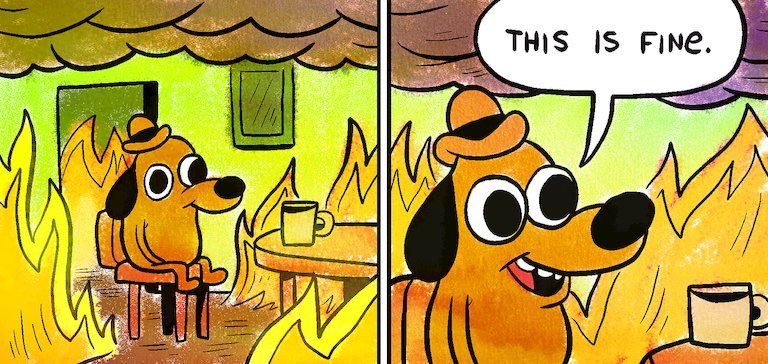This post will be the defense of my contract as outlined earlier in the semester.
Mission Statement:
The purpose of this website is to provide a source of information for students and community members interested in book censorship in St. Mary’s County, Maryland. The research compiled on this website will include the historical context during the time Song of Solomon was removed from St. Mary’s County Public Schools. Our work will shed light on a book censorship when it is normally brushed over or kept quiet in the media. We intend to cover both sides of the argument for and against Toni Morrison’s book and provide primary source documents for visitors to infer their own opinions. Our website should open discussions that extend beyond book censorship. We will discuss how literature has impacts on development, culture, societal morality, and personal identity. We will achieve our goals by presenting information in accessible and diverse formats. We will integrate video interviews, TimelineJS, Prezi, photographs, and images of primary source documents. We will interview local professionals, professors, librarians, and community members to provide a diverse array of opinions.
While working on the website I kept the mission statement in mind, my partner and I needed to focus on presenting the information on book censorship with as little bias as possible. Song of Solomon in St. Mary’s County was removed from the pre-approved reading list in 1997, we presented all of the information we were able to discover on the topic, including hearing from those in favor of the censorship. The sources we collected came from local & national newspapers at that time, as well as interviews that were reflective of the events. The coverage of historical context and literature’s impact on: culture, societal morality, and personal identity were covered in depth with the historical context section, and can be seen through the primary source newspapers collected on the site. We integrated the digital tools we learned through the semester well, made the website easily accessible and readable, and utilized the images we gathered with success. Our interviews with professors, librarians and community members exceeded our original expectations. The interview section on our website has the teacher who assigned the reading, I never would have imagined being able to meet David and interview him. This was the most rewarding interview that I have ever participated in, and even after the interview was over we talked for almost an hour about the case and his life; giving me more insight to his life and personal experiences.
The rest of the contract consists of due dates, assignments, and webdesign instructions. The contract due dates were met and additional dates were kept in mind when we added additional interviews and changed formats on the website. The division of labor and assignments changed slightly when additional class workloads interfered, but we stuck true to the overall plan of summaries, interviews, and layouts. The webdesign instructions and tools used remained the same as our mission statement. I am proud that the website came together perfectly, the contract helped to organize everything as we collected sources and conducted interviews.

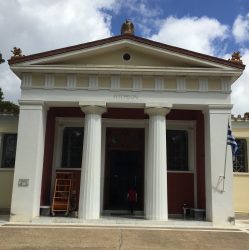
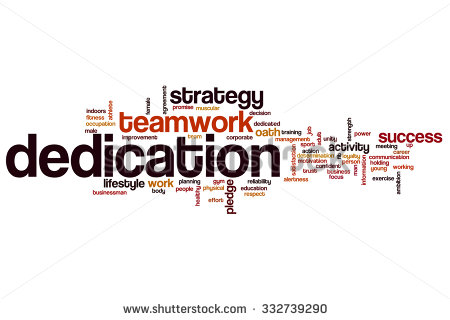
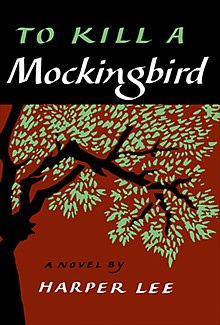
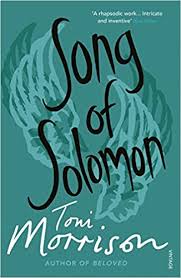 With this new information under our belt, I took out the rest of the paperwork that David turned over to me after our interview. His bag was old, it was falling apart at the seams, and smelled of old newspapers. I took out all of the folders of old newspapers from the Enterprise, Washington Post, New York Times, and the school newspaper. Sprawled it all out over the table and started to show my partner how much David kept over these 25 years since the controversy. As I was sifting through the papers and explaining the papers, Drexel asked me about the white binder that was in the bag. He was onto my little surprise. I reached into the bag and pulled out David’s white binder, this binder contained a major piece to our puzzle. Earlier in the semester it was made clear by my Professors that we need to find the original complaint against the book. This task has proved more than difficult because St. Mary’s County Public Schools did not have the paperwork digitized, because it was over 25 years ago. Drexel and I went to the offices of St.Mary’s County Public Schools and sought to go through files and additional paperwork at their offices, we were denied entry because we did not have an appointment and the County Schools were off that week. Our attempts were blocked by forces out of our control, but we persisted and continued to reach out and seek for the letter and complaint against Song of Solomon.
With this new information under our belt, I took out the rest of the paperwork that David turned over to me after our interview. His bag was old, it was falling apart at the seams, and smelled of old newspapers. I took out all of the folders of old newspapers from the Enterprise, Washington Post, New York Times, and the school newspaper. Sprawled it all out over the table and started to show my partner how much David kept over these 25 years since the controversy. As I was sifting through the papers and explaining the papers, Drexel asked me about the white binder that was in the bag. He was onto my little surprise. I reached into the bag and pulled out David’s white binder, this binder contained a major piece to our puzzle. Earlier in the semester it was made clear by my Professors that we need to find the original complaint against the book. This task has proved more than difficult because St. Mary’s County Public Schools did not have the paperwork digitized, because it was over 25 years ago. Drexel and I went to the offices of St.Mary’s County Public Schools and sought to go through files and additional paperwork at their offices, we were denied entry because we did not have an appointment and the County Schools were off that week. Our attempts were blocked by forces out of our control, but we persisted and continued to reach out and seek for the letter and complaint against Song of Solomon.

